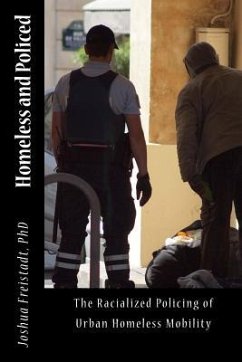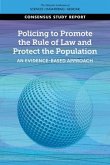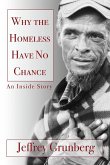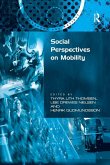Faced with growing visibly homeless populations, urban areas have adopted laws and policies targeting the activities poor people do in public spaces. This book provides an easy-to-read and empirically-grounded analysis of how homeless persons experience various policing efforts. The author uses field interviews with homeless adults in a major Canadian city to challenge broken windows policing, anti-panhandling bylaws, informal police relocations, and campaigns that attempt to dissuade donations to panhandlers. The stories of homeless adults are used to extend the theoretical contributions of pivotal human geography, sociology, critical race, and criminology scholars. The analysis reveals the human consequences of anti-homeless efforts and articulates how the policing of homelessness produces mobility patterns that maintain business interests and reinforce the racialization of city space. SHORTLISTED FOR THE INTERNATIONAL INSTITUTE OF QUALITATIVE METHODOLOGY'S BEST DISSERTATION AWARD! This book will interest sociology, socio-legal, human geography, and critical criminology students alongside anti-poverty activists.
Hinweis: Dieser Artikel kann nur an eine deutsche Lieferadresse ausgeliefert werden.
Hinweis: Dieser Artikel kann nur an eine deutsche Lieferadresse ausgeliefert werden.








